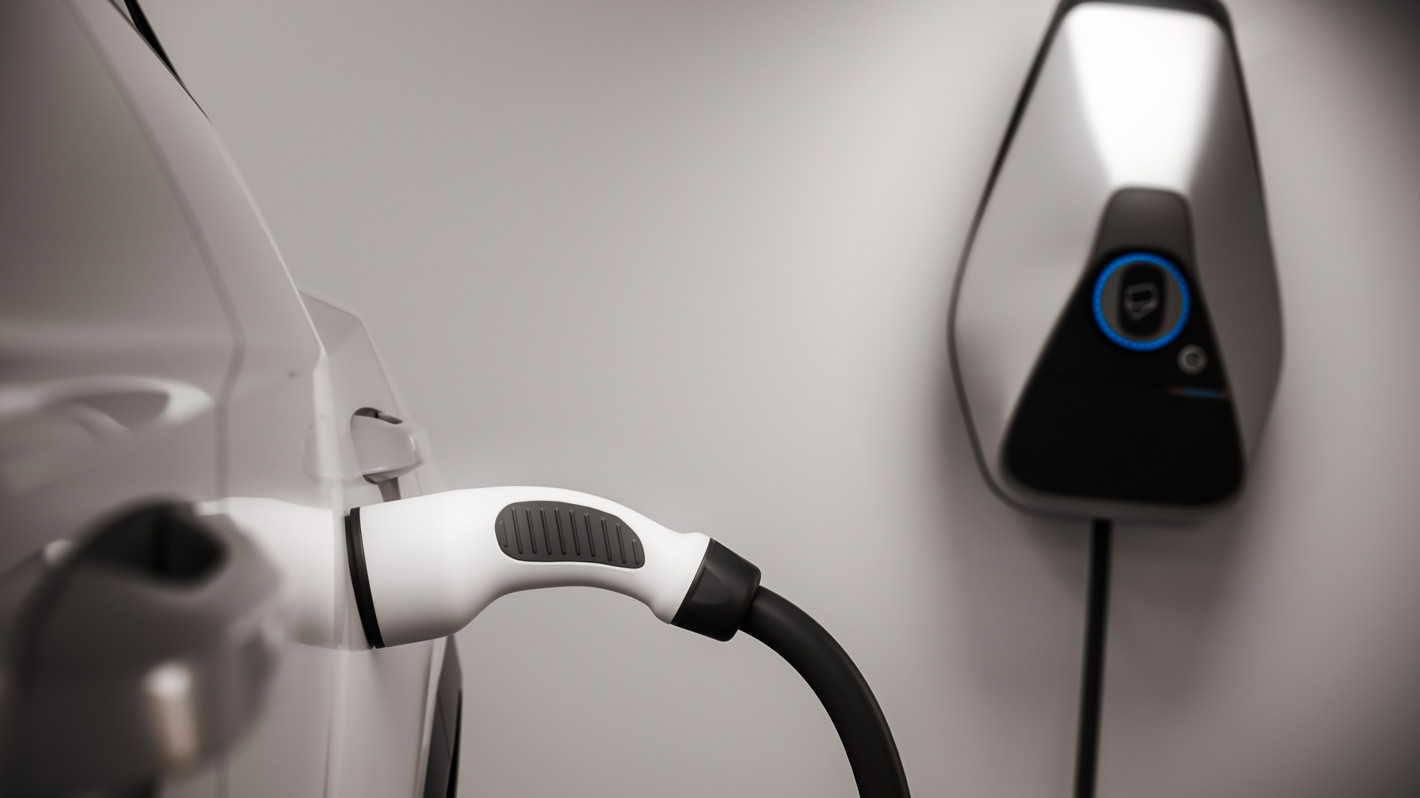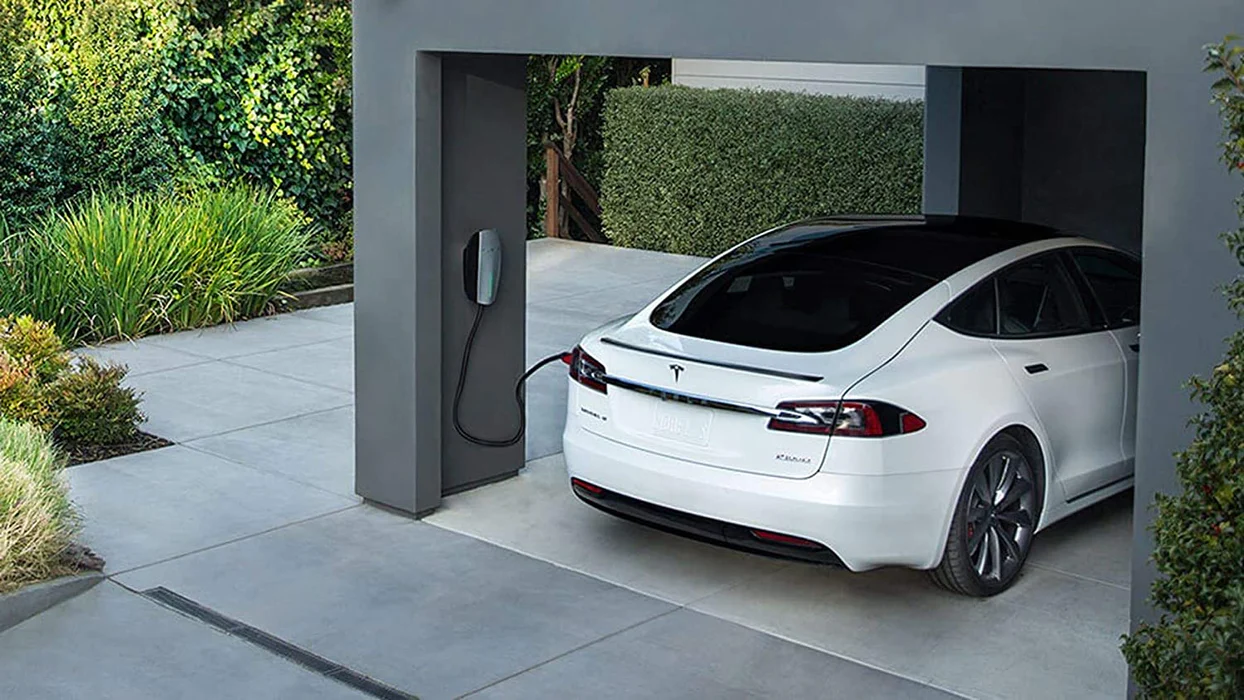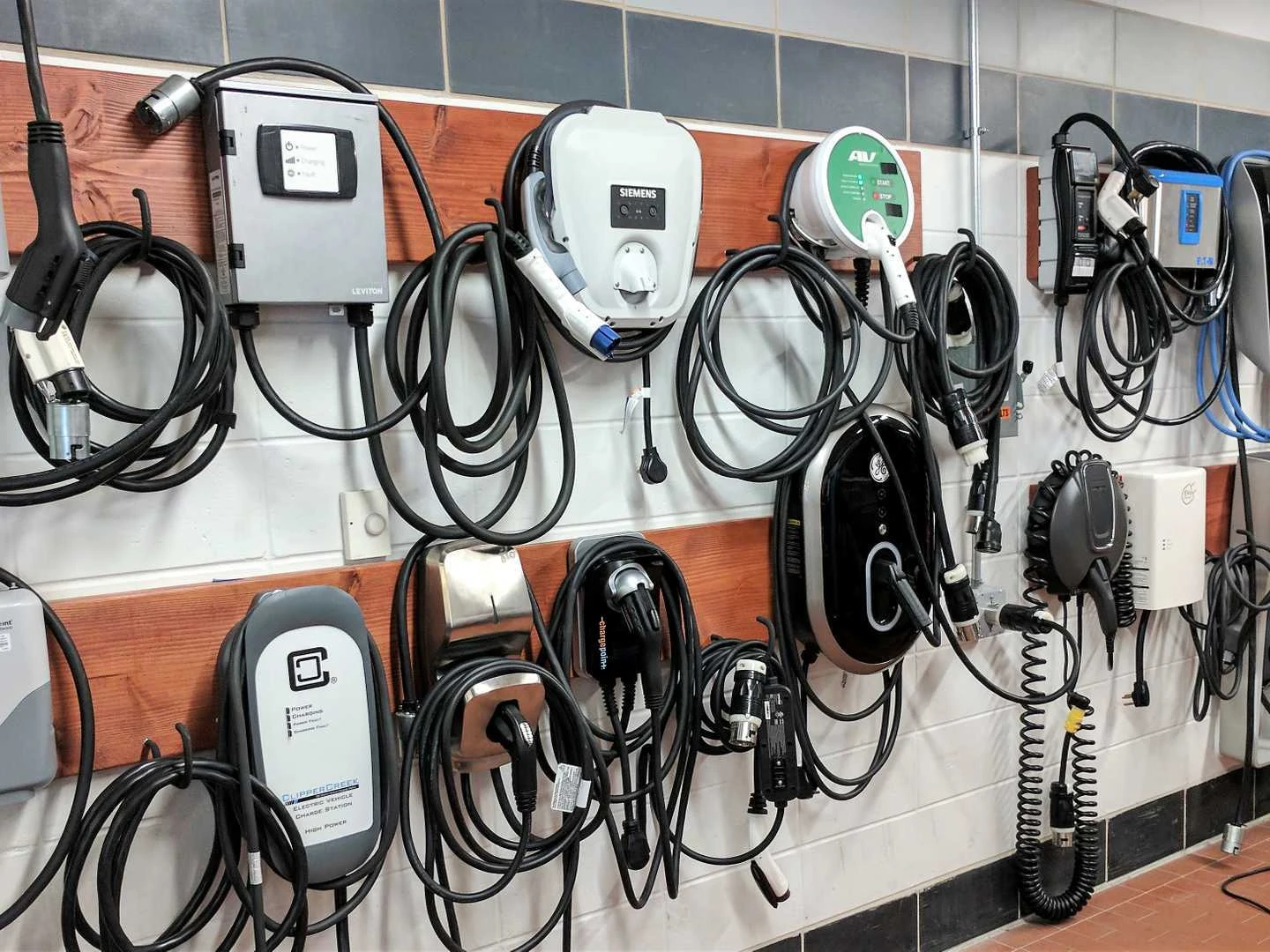This article is your guide to the electric car charger costs. Depending if you have the correct outlet or not, it will cost you somewhere between $200 – $1700 to install an electric car charger. It will save you a lot of money if you already have a 240 V output in your garage, but if you don’t keep reading to see the full costs of installing an electric car charger.
Here at The Energy Professor, we want to give you the information you need to not only save money on your energy bill but to also become more energy efficient. We hope find this post helpful! And makes it easier for you to know more about electric car charger installation costs. Be sure to also check out our one-of-a-kind energy savings calculator!
The Energy Professor Electricity Rate Check Tool
Tesla Charger Installation Cost
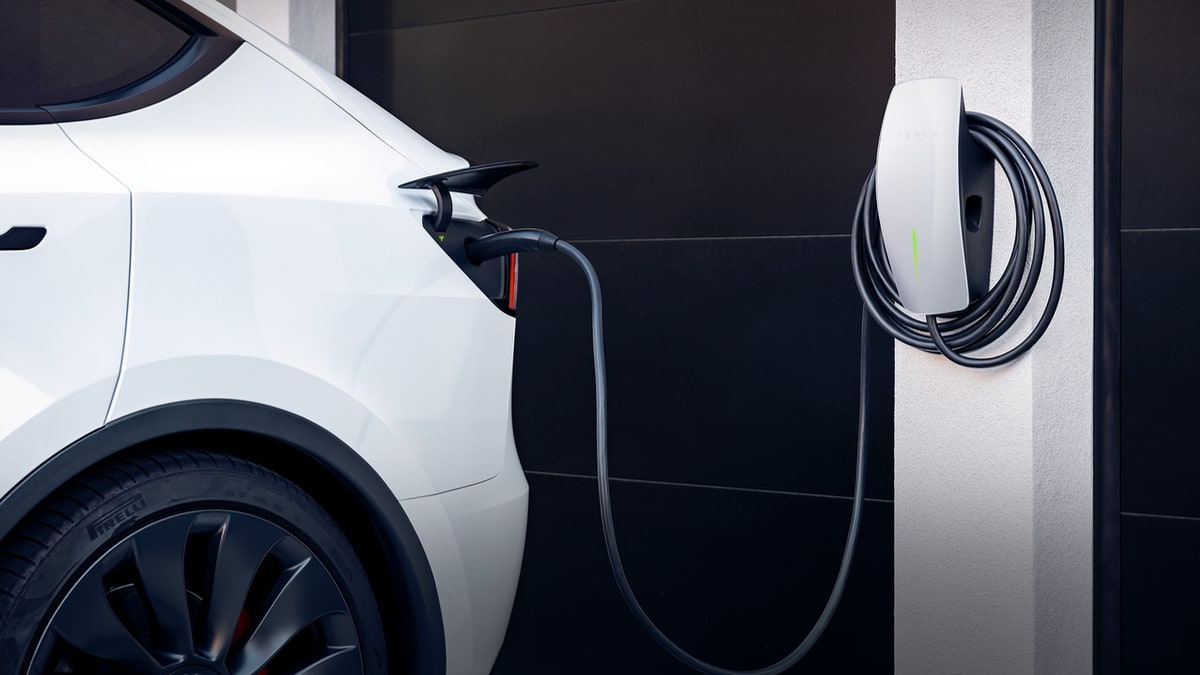
The average cost of installing a car charger is about $500. If you already have a 240 V charger connected to your garage, the basic installation process will cost you around $200 – $500. If you do not have the correct outlet, it will cost you more due to wiring and running electrical to the outlet.
How much to Install a 240 V Charger?
- Installation jobs without a 240 V output can cost anywhere from $400 to $1,700.
A 240V or level 2 charger for an electric car will need to be installed in your home garage. There are several costs to this job. The basic cost of a 240-volt charging station will range from $250 to $700 if your home already has a 240V output. Installation jobs for those without can cost anywhere from $400 to $1,700. Lastly, labor costs range from $1,000 to $2,000, depending on your home.
Related Post: Top Winter Energy Saving Tips
What are the Costs Involved With Installing a Tesla Charger?
Several factors influence the electric car charger at home cost. Depending on the type of charger, you can expect to pay anywhere from $300 to $50,000. The main two factors that drive up cost are the output design and the charging type. Depending on where you are looking to install the charging port is something to keep in mind as well. A wall eV charging station needs to have a specific amount of room on the wall. You need to take into consideration the size of the system itself as well as the cord and adapter that plug into your car. Labor is also a factor in the overall cost of installing electric car charging stations at home.
What is a Dual Port eV Charger?
- A dual charger is a device that splits electricity between two cars, so while charging, each car gets half the power. This option is great if you charge cars overnight, as both can be fully charged in that time. If you charge only one car, then 20–30 miles of range will be added per hour.
A dual outdoor EV charger post can cost roughly twice as much as a single charger port. That is assuming your charge location only has access to a standard outlet. Shockingly you can get a dual system on Amazon for roughly $6,000.
Related Post: How Many Watts Does a Laptop Use?
Cost to Run Electricity to Garage
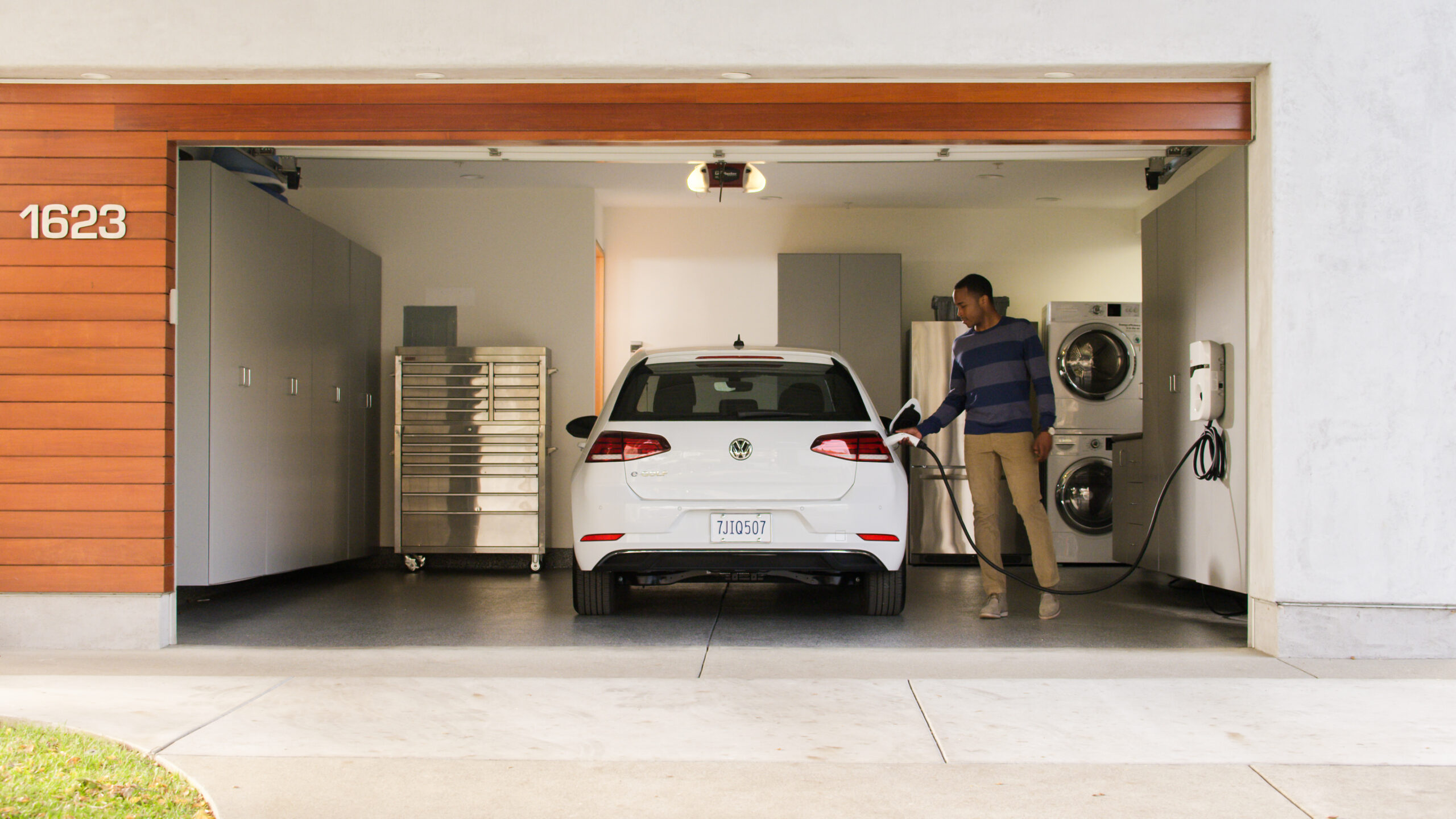
To adapt your garage for the eV charger installation, you need a 240 V outlet. If your charging location is not equipped with one, you’ll need to run electricity to your garage or update the current system. So what is the cost to run electricity to the garage? You’ll pay $1,000 to $2,500 to run electricity to a detached garage or shed. Bigger structures at a farther distance from your home could increase costs to $5,000+. This is a cost you need to take into consideration when weighing the options if purchasing an eV is right for you.
Permit Cost for eV Installation
- Depending on local requirements, permits could cost anywhere from $50 to slightly above $160.
The EV charging station installation needs to follow federal, state, and local building codes. At the federal level, the installation has to follow the National Electrical Code (NEC). A building permit and an electrical permit are standard in most states.
Related Post: How much do Solar Panels weigh?
Different eV Charger Types
Charging an electric vehicle is a little more complicated than filling up on gas. Treat it more like a cell phone. You need to plug it in when you’re not using it either at work, at home overnight, or in a public place. While all gasoline vehicles “charge up” at approximately the same speed, not all ways to charge your electric vehicle are created equal. There are different kinds of chargers, fit for different purposes. Here’s a quick rundown of what level 1, level 2, and level 3 charging means.
Different Types of eV Charging Stations
There are three types of charging stations – Level 1, Level 2, and DC (direct current). The ratings for these three charging levels are as follows:
- Level 1: This is your standard eV charging station with 120-volt single-phase AC of up to 16 amps. However, they are limited to 12 amps and can deliver up to 1.9-kilowatt (kW) charge rate or about 5 miles of range per hour of charging. Level 1 units can be used with the standard household wall outlets.
- Level 2: These chargers require a unit of 240 volts. They also allow for a wide range of charging speeds which makes them one of the top used chargers. With up to 80 amps power rating, they can deliver up to a 19.2-kilowatt charge rate or up to 60 miles of range per hour of charging time. Level 2 EV chargers require exclusive charging equipment and a dedicated electrical circuit of 20 to 100 amps.
- Level 3: These charging stations use a 480-volt unit and can provide up to 80% charge in only 30 minutes. This is equivalent to 249 miles per hour of charging. They are, however, not compatible with all vehicles.
If you’re buying a plug-in hybrid vehicle, all three forms of charging are viable means of adding range; but if you’re going all-electric, you’re going to want to have a dedicated level 2 charger to plug into regularly: either at home, work, or both. Level 3 charging makes taking long trips in your electric vehicle easier; they are available on several charging networks so check your area for who has the best local coverage.
Related Post: What is a Smart Meter?
Electric car charger cost FAQ

Q: Is it worth installing an EV charger at home?
A: This is completely up to you! We recommend looking at all of the pros and cons of having your charger. But in our expert opinion, it is more than worth it to install your own. When charging your eV at public chargers, you can pay exuberant fees. Some locations have flat fees but most have flex fees. This is when there are peak and off-peak charging times so prices will vary.
Q: How much does it cost to install a 240V outlet for an electric car?
A: A 240V or level 2 charger for an electric car will need to be installed in your home garage. There are several costs to this job. The basic installation costs range from $250 to $700 if your home already has a 240V output. Installation jobs for those without can cost anywhere from $400 to $1,700.
Q: How long does it take to install an EV charger at home?
A: If everything goes to plan and the installer doesn’t need to perform unexpected tasks, the installation of your EV charger will normally take around two hours. However, it’s best to allow for the work to take anywhere between two to six hours, just in case other factors come into play.
Do you Need Cheaper Electricity?
If you’ve taken the time to understand the information on your bill and discovered you’re paying more than you’d like for your electricity, have you looked around for a cheaper deal? The Energy Professor has a wealth of information on ways to save on your utilities, including details of top deals that could significantly reduce your monthly or quarterly electricity bills.
We hope you found this article helpful! If you are looking for ways to increase energy efficiency and sustainability in your home be sure to take a look at all of the latest renewable energy options in your area. The Energy Professor helps residential and small business owners find qualified energy suppliers in New York, New Jersey, Pennsylvania, Texas, Ohio, Maryland, Illinois, and Massachusetts

